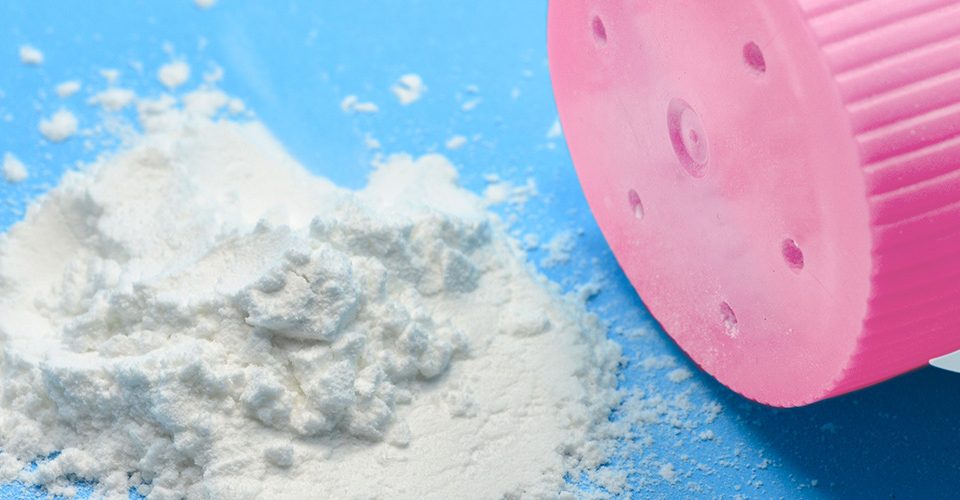Infuse Bone Graft Side Effects

No Longer Accepting Cases
Medtronic Infuse Bone Graft
Independent investigations assert that those patients who were given Medtronic Infuse Bone Graft devices for off-label uses may now face life-threatening complications. The most threatening complications range from airway swelling which can cause trouble breathing, swallowing or even speaking. To make matters worse, some independent investigations claim that the devices were illegally promoted by the manufacturer for off-label use to medical providers.
Specifically, the manufacturer has been accused of encouraging physicians to use the device in cervical spine procedures, even though it was never approved for such use by the FDA. Investigations and lawsuits filed by various InFuse Bone Graft Lawsuits assert that this type of off-label use has resulted in severe medical complications for those patients who never knew they were being put at such risk.
InFuse also contains a synthetically engineered protein that promotes bone growth in and around the cage mesh. Many patients, however, are allergic to the protein and develop severe and rapid swelling of the mouth, nose and throat. The swelling can occur immediately or there may be a delay.
Side Effects of InFuse
When used as approved or off-label, patients report these and other serious side effects, including:
- Difficulty Breathing, Swallowing or Speaking
- Compression of the Airway
- Respiratory Depression
- Nerve Damage
- Uncontrolled bone growth at or near the site of the surgery
- Chronic radiating pain in the legs or arms
- Male sterility, retrograde ejaculation, or other uro-genital injuries
- Cancer or Death
The InFuse Bone Graft’s Original Use
The device was developed for use as an alternative to natural bone grafts, wherein bone is taken from one part of the patient’s body and transferred to another. The cage structure allows natural bone material to grow, develop and strengthen at the surgery site. It has been approved as a replacement for damaged spinal disks in the lower back (lumbar spine).
The U.S. Food & Drug Administration (FDA) approved the Medtronic InFuse Bone Graft for use in the lower back and for specific dental procedures. However, the parent company, Medtronic is being accused of encouraging doctors and other medical providers to use the InFuse Bone Graft devices to repair cervical spine (neck) injuries when that was never the intended use of the product. It has been estimated that Medtronic, the maker of the device, has generated revenue in excess of $3 billion for sales related to such off-label use.
Now, many of those patients who received such off-label treatment with the InFuse device are coming forward with verifiable, serious, sometimes life-threatening problems. Following reports of such medical complications, the FDA issued a warning in 2008, advising that the risks of using the device to treat the cervical spine had not been studied and “that the safety and effectiveness of [the InFuse device] in the cervical spine have not been demonstrated and these products are not approved by FDA for this use.”
Patients reported constriction of the airway and nerves in the neck, which in turn caused difficulty breathing, swallowing and speaking. Many of the patients required immediate treatment, including tracheotomies, feeding tubes and additional surgical procedures.
InFuse Bone Graft Cancer Risk
A recent clinical trial has raised concerns about a possible link between InFuse Bone Graft and an increased risk of cancer. According to the report, people who received Infuse may be at higher risk for all types of cancers, including pancreatic, breast, stomach, ovarian, lung, prostate, lymphoma and skin cancers.
What Can You Do?
If you or a loved one has suffered because of off-label use of the Infuse Bone Graft device, it is important to seek legal advice as quickly as possible. Our legal professionals are ready to answer your questions and help you determine whether you may have a claim against the makers of the InFuse Bone Graft device for your medical complications. Contact us online, or call 1-800-BAD-DRUG today.


